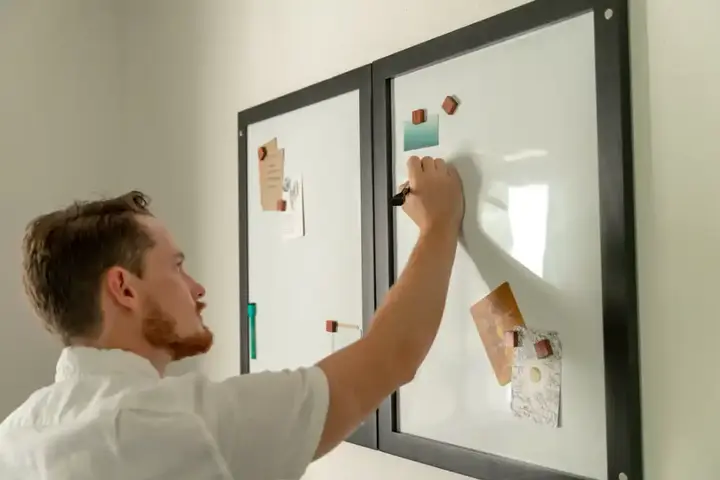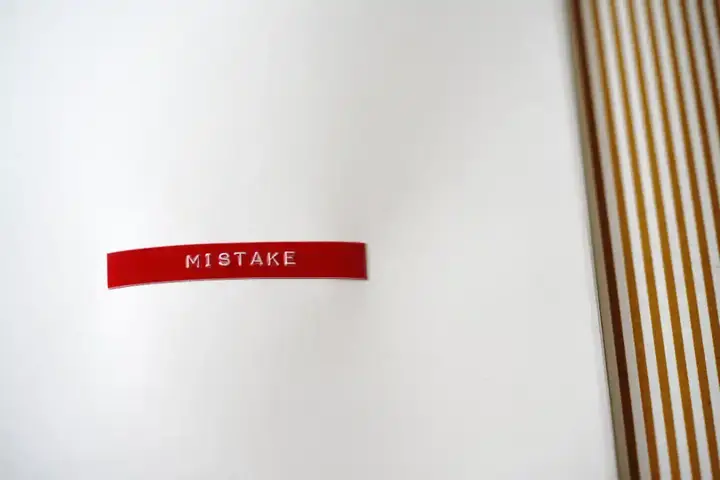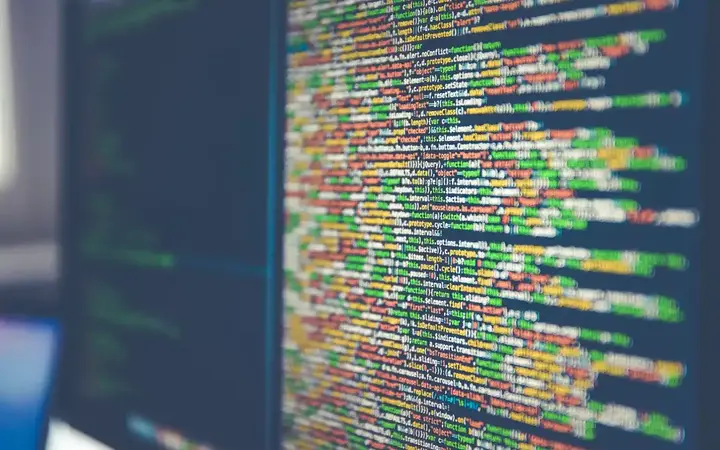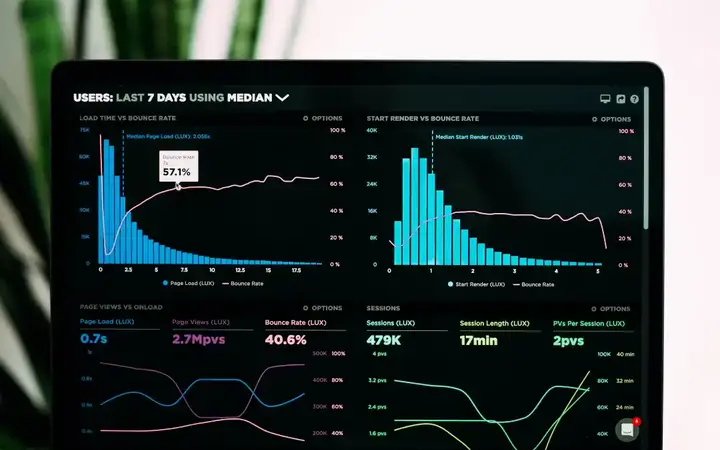Embracing stupidity: the hidden value of our mistakes

Everyone makes mistakes, but there is a certain bite when we make what we consider "stupid" mistakes. These mistakes, often trivial but blatant, can teach us profound lessons if we are open to learning from them. This article delves into the nature and extent of stupid human mistakes that occur and their importance in our lives, and how we can explain, learn from and ultimately reduce them.
Introduction: Too many stupid mistakes.

Mistakes are an inevitable part of the human experience. Despite the best effort, mistakes that seem foolish can sometimes be made for an inexplicable reason. These errors can range from forgetting the door lock to sending an email to the wrong recipient. Although it may seem trivial, it holds great potential for personal development and progress.
Recommend
1. Understand stupid human errors.

Stupid mistakes are often characterized by simplicity and clarity too late. They occur in different contexts such as work, home, and social interactions, and can result from neglect, lack of interest, or momentary lapses in judgment. Although seemingly insignificant, these mistakes can have significant impacts on life, affecting trust, relationships, and professional reputation.
2. The nature and magnitude of stupid mistakes.

The nature of stupid mistakes lies in their predictability and preventability. They are often caused by omissions or distractions, not by lack of knowledge or skill. The extent of these mistakes can vary greatly, ranging from minor inconveniences to more serious consequences. Understanding the patterns and triggers behind these errors can help identify ways to mitigate them.
3. The importance of stupid mistakes in life.

Stupid mistakes play a crucial role in life by providing opportunities for learning. It reminds of the susceptibility to error, and encourages humility and self-reflection. Most importantly, they provide tangible experiences that can be learned from, and enhance resilience and adaptability. The discomfort and embarrassment associated with these mistakes can motivate you to get over them and avoid repeating them.
4. The significance and interpretation of stupid mistakes.

Explaining stupid mistakes involves looking beyond superficial error, to understand the reasons behind it. This can include examining routine procedures, mental states, and external pressures that contribute to these errors. By doing so, insight into behavior and decision-making processes can be obtained. This self-awareness is fundamental to personal development and can help develop more effective approaches to dealing with similar situations in the future.
5. Lessons learned from stupid mistakes.

Every mistake holds a lesson if we are willing to learn from it. For example, a missed deadline may better teach the value of time management, while a misplaced item can highlight the need for more organization. Thinking about mistakes helps identify methods and develop practical solutions to avoid their recurrence. It also builds resilience, as you can learn how to deal with setbacks more effectively.
6. The difference of exposure to stupid mistakes: inevitable or involuntary?

Inevitable vs. involuntary errors.
• Inevitable mistakes: Some mistakes are bound to occur due to the complexities of life and the limitations of human cognition. These include mistakes that occur despite making every effort to avoid them. For example, complex tasks involving many variables may lead to errors simply because it is difficult to manage all aspects of them perfectly.
Involuntary errors: These errors occur without conscious thinking, often due to ingrained habits or spontaneous behaviors. They can be difficult to identify and correct because they are deeply ingrained in human routines. Examples include leaving keys in the door due to absent-mindedness, or the usual delay due to poor time management.
Factors affecting exposure to stupid mistakes.
A. Personality Traits:
Impulsivity: Individuals who act quickly without considering the consequences are more likely to make stupid mistakes.
• Kemalistics: Paradoxically, Kemalists may make more mistakes because their high standards lead to increased stress and anxiety.
B. Cognitive Load:
• Multitasking: Handling multiple tasks simultaneously can increase the likelihood of errors due to the division of attention.
• Stress and fatigue: High levels of stress and fatigue impair cognitive functions, leading to more frequent mistakes.
c. Experience and Knowledge:
• Beginners: Less experienced individuals tend to make more mistakes because they are still learning and adapting to tasks and environments.
Experts: Although they are generally more efficient, they may make mistakes due to overconfidence or routine lapses.
d. Environmental factors:
• Distractions: Noisy or chaotic environments increase the chances of making mistakes by disrupting concentration.
• Availability of resources: Limited access to tools, information, or support can lead to errors due to inadequate preparation or understanding.
7. Tips to overcome and reduce stupid mistakes.

To overcome and reduce stupid mistakes, it is necessary to develop mindfulness and attention in everyday life. Here are some modalities:
• Stay organized: Maintaining an organized environment reduces the chances of neglect.
• Prioritize tasks: Focusing on high-priority tasks can reduce distractions and errors.
Taking breaks: Regular breaks can prevent fatigue that often leads to making mistakes.
• Practice mindfulness: Being present and fully participating in activities helps improve attention and accuracy.
Learning from feedback: Constructive criticism can provide valuable insights into mistakes and how to avoid them.
Conclusion: acceptance of defects.

Stupid mistakes, frustrating, are an integral part of the human experience. They provide invaluable lessons that can lead to personal and professional development. By understanding, interpreting and learning from these errors, flexibility can be enhanced and decision-making processes improved. Accepting defects allows for evolution and adaptation, and ultimately elevation to the level of more capable individuals. Let's remember that it's not the mistake itself, but how you respond to it, that really determines identity.
![]()
Tsunami Survival Guide: Crucial Tip to Stay Safe
The "Tsunami Survival Guide" offers vital tips on how to detect early warnings, prepare emergency kits, and plan safe evacuation routes. It emphasizes the importance of quick action, staying informed, and knowing where to seek refuge to increase your chances of survival during this powerful natural disaster. more- ADVERTISEMENT
![]()
How to overcome obstacles and detect obstacles
Mindshift is all about changing your mindset to grow and overcome life’s challenges. By shifting from a fixed to an evolving mindset, facing fears, and using critical and creative thinking, you unlock hidden talents and new possibilities. It’s not easy, but with effort and support, it’s truly worth it. more- ADVERTISEMENT
![]()
The most famous data leaks in history - a list of wonders!
Big names get hacked too—Yahoo, LinkedIn, Facebook, and Canva all suffered massive data breaches, exposing millions of users’ info. These attacks didn’t just hurt reputations—they shook global cybersecurity and pushed companies to step up protection, while users were urged to change passwords and enable two-factor authentication. more- ADVERTISEMENT
![]()
A good leader knows he doesn't know everything: lessons my old sergeant didn't learn
Great leaders don’t pretend to know it all—they lead with humility, collaboration, and a willingness to learn. In today’s fast-changing world, success comes from empowering teams, embracing change, and valuing diverse perspectives, not clinging to outdated notions of authority. more- ADVERTISEMENT
![]()
Traditional Syrian Glass Blowing : A Timeless Craft
Traditional Syrian Glass Blowing : A Timeless Craft more- ADVERTISEMENT
![]()
Mount St. Helens blast and rebirth
Mount St. Helens, once shattered by a deadly eruption in 1980, now stands as a powerful symbol of nature's recovery. From barren ash fields to thriving ecosystems, it shows how life returns. Today, it draws visitors eager to witness Earth’s healing and learn from its remarkable transformation. more- ADVERTISEMENT
![]()
The most important labor market skills - how to become a data analyst?
Data analysis has become a top-demand job worldwide, growing fast due to tech advancement. With skills in math, stats, and tools like Python or Excel, anyone—even without a related degree—can succeed in this field if they have a passion for numbers and insights. more- ADVERTISEMENT
![]()
How to create a small online store for online sales?
Starting an online store is a smart move to sell your products and reach more people. Begin small, focus on unique items, choose a catchy store name, and use easy platforms like Shopify or Wix. Good design, secure payments, solid marketing, and great service are key to your store’s success. more- ADVERTISEMENT
![]()
Egypt's First Astronomical Observatory: Discovering a Window to the Universe
Archaeologists have uncovered Egypt’s first known astronomical observatory in the desert at Nabta Playa, dating back 4,500 years. This exciting find confirms the Egyptians’ deep cosmic knowledge and spiritual connection to the stars, showing they systematically studied the sky long before many other ancient civilizations. more- ADVERTISEMENT
![]()
Discover the Impossible: Turning Deserts into Dense Forests – Dream or Reality?
Desert greening is turning deserts into lush forests using smart water techniques, solar and wind farms, and fertile soil solutions like pyrogenic carbon. Projects like the Sahara Forest Project aim to fight drought, boost agriculture, and even combat climate change, turning drylands into thriving ecosystems. more- ADVERTISEMENT





















